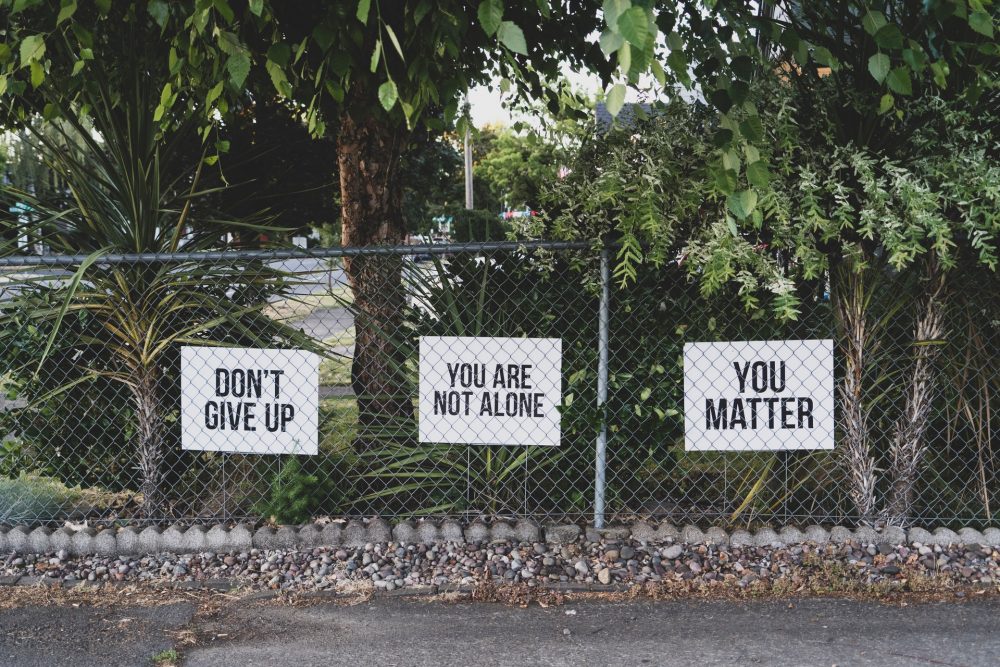Suicide is rarely the result of a single hardship. More often than not it is a complex combination of risk factors which cause enough psychological pain to impair judgement. This impairment often prevents one from considering alternatives and accessing help.
While more women attempt suicide, the rates of completed suicide are higher in men, Aboriginal and/or Torres Strait Islander people and also for those living in rural and remote areas.
The strongest predictors of suicide are a history of previous attempted suicide, mental health disorders, hopelessness, despair and impulsivity.
The Act-Belong-Commit message we know so well as being protective of our mental health has been somewhat hijacked by COVID-19. Stop-Avoid-Cancel is pretty much a recipe for poor mental health. Financial stress, unemployment, reduced physical contact with others, changes to regular routines and a heightened awareness of our health vulnerability can take a toll on your mental health.
It is no surprise that the rates of suicide and mental illness are expected to surge during and beyond the COVID-19 pandemic.
We can all do our bit to help reduce this increase by monitoring our own mental health and checking in with loved ones, friends and neighbours.
Some of the protective factors for suicide are self-forgiveness, healthy family and religious social bonds and access to GP services. Consider how you can keep your thinking balanced, stay socially connected, and remain physically active. MindSpot’s 10 psychological tips for coping with Coronavirus is quite a useful guide which I highly recommend looking at.
See your GP if you are feeling increasingly overwhelmed, depressed or anxious at this time. Help is always available locally via face-to-face appointments and telehealth consults.
I also suggest saving at least one of these National Crisis Support numbers to your phone. Many also have text and online chat services which are essential when you require urgent assistance for yourself or a loved one
Lifeline 13 11 14
Suicide Call Back Service 1300 659 467
Kids Help Line 1800 551 800
Mensline Australia 1300 78 99 78
Beyond Blue 1300 224 636
GriefLine 1300 845 745
White Wreath Association 1300 766 177
If you want to gain more skill in helping others at risk of suicide you could consider doing a Mental Health First Aid or Suicide Prevention Course. There are a variety to choose from, and many have online components
Raising awareness is also an important role. Every May 29th is Wear White at Work Day. Get your workplace involved and ask for a gold coin donation to show your support for mental illness sufferers and families of suicide victims.
Let’s Act-Belong-Commit on this one and start the conversation!
This article has been written by Dr Helen Durell

